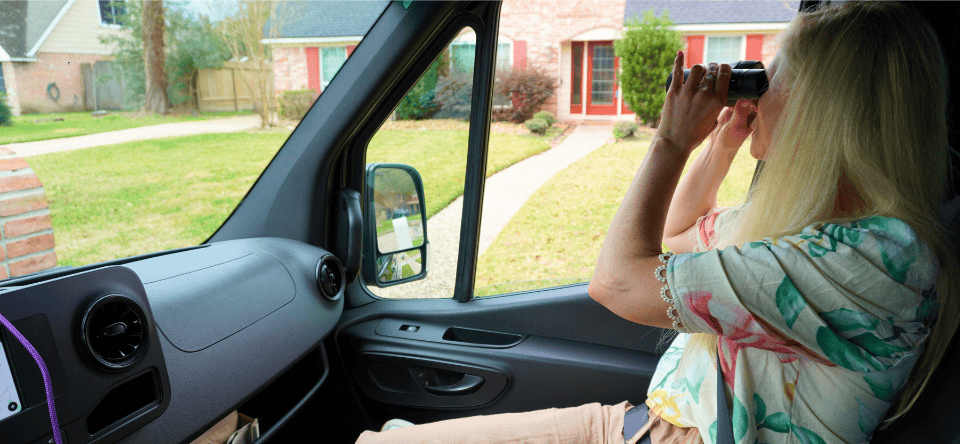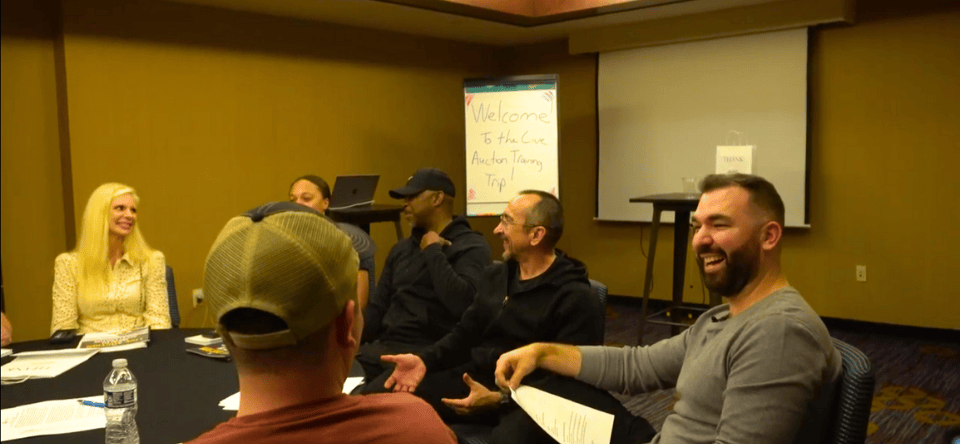Last Updated on September 9, 2025
Table of contents
Many new investors buy near their home because it feels familiar, but staying in one neighbourhood can limit their chances. When there are few houses for sale or prices go up quickly, good deals become rare. Coach Josh recently shared how to look at new areas safely. This article uses his ideas and easy steps to help you Start Buying Real Estate with confidence.
Why Expand Into New Markets in Buying Real Estate?
Staying local feels safe, but it can limit your profit. When you look beyond familiar streets, you can find markets that better fit your plan. Reasons to search outside your area include:
- Match your plan. Some regions have cheaper rental houses or fixer‑uppers that meet your goals.
- Make more money. Houses in other areas may cost less, so you can earn more each month or when you sell.
- Reduce risk. Buying in different places protects you from storms, job losses or strict local rules.
- Find easier rules. Some states or counties have lower taxes and simpler landlord laws, which can save you money.
Key Market Metrics in Buying Real Estate
Data helps you compare markets objectively. Focus on a few simple indicators before choosing where to invest:
| Metric | Why it matters | Best for |
|---|---|---|
| Job & population growth | More jobs and people mean more renters and higher demand for homes | All strategies |
| Median income & cost of living | Higher earnings and a low cost of living mean renters can pay on time | Long‑term rentals and fix‑and‑flip |
| Local laws & taxes | Rules on rent, evictions and property taxes vary by state and can make a deal good or bad | All strategies |
| Occupancy & rent trends | High occupancy and rising rents show strong demand; low numbers may warn of too many rentals | Long‑ and short‑term rentals |
Extra factors in buying real estate, include school quality, parks and seasonal demand for vacation rentals. Fix‑and‑flippers should also consider labour costs and permit timelines.
Conduct Due Diligence
Doing research protects your money. Before you buy:
- Learn about the area.
Look at jobs, population growth and incomes; compare rents to what people earn.
- Know the rules.
Check state tax laws, landlord and tenant rules and whether you need to register an LLC.
- Check financing.
Talk to local banks; they might offer better loan terms and make bills easier to pay.
- Plan for management.
Choose a property manager you trust and plan regular check‑ins to make sure your property is cared for.
Build a Local Support Network
You will need people on the ground. Use online tools like Zillow to compare neighbourhoods and view houses. Work with an agent who understands rental houses and local laws. Join online forums or local groups to meet experienced investors. Look at rental ads on websites to see what similar homes rent for so you can estimate income.
Start Buying Real Estate: Getting Started
Once you’ve done your research, follow these basic steps:
- Set your goal and budget. Decide whether you want rental income or a quick flip, then decide how much you can spend.
- Pick a place. Choose cities or neighbourhoods with growing jobs and affordable prices. Research them thoroughly.
- Get financing. Get pre‑approved so you know how much you can borrow and can make stronger offers.
- Inspect the house. Always hire a professional inspector and, if you can, visit the property yourself.
- Build your team. Hire a local agent, contractor and property manager to handle daily tasks and legal requirements.
Conclusion
Going into a new market can feel scary, but doing your homework makes it safer. By learning about local jobs, rules and loans and by working with good local people, you can find houses that meet your goals and grow your collection. Start exploring areas outside your hometown to Start Buying Real Estate and build wealth.
Frequently Asked Questions
It means buying property outside the area where you live so you can access better deals or friendlier regulations.
Growing jobs attract people, raising demand for housing and supporting higher rents and prices
You can if you hire inspectors and trustworthy professionals to evaluate the property and manage it.
Many investors use an LLC for legal protection; check local rules because some states require registering as a foreign company and paying extra taxes.
Look at rental listings on sites like Zillow or other marketplaces to see what similar homes rent for.
There is gold in this video, and if you’re looking to get into new markets or need to find out specific information about the state you’re currently in, you NEED to watch this and pay attention to how Josh approaches his new markets.
Don’t let this slip by. This could be exactly what you need to hear right now.
Chat soon,
Dustin









